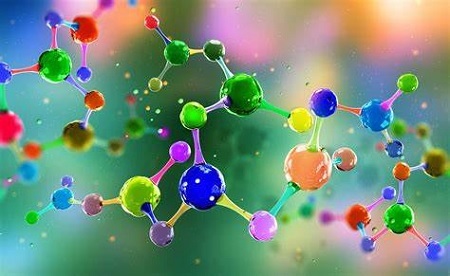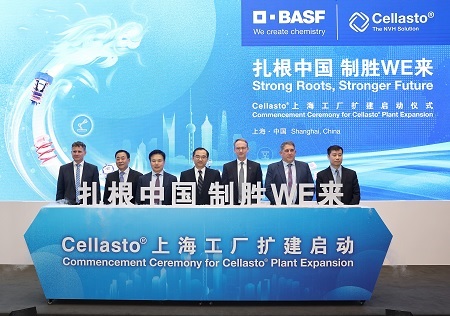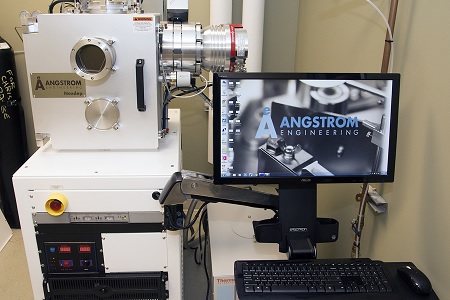
One of the most successful plastics is polyethylene terephthalate (PET), the material we use to make bottles and fibres for clothing. However, PET is made from petroleum-based building blocks. An alternative to PET can be made from bio-based furan molecules, but to polymerize these furans you need toxic catalysts and high temperatures.
On 30 Jan 2019 the University of Groningen published a news about PET. polymer chemists from the University of Groningen, led by Prof. Katja Loos, have described an enzyme-based polymerization method.
PET is used to make fizzy drink bottles because it has excellent barrier properties, which keeps the fizz inside. ‘But furan-based polymers are a good alternative’, says Prof. Katja Loos. Furans, which are characterized by an aromatic ring with four carbon and one oxygen atom, can be made from biomass-derived sugars, and polymerized into Polyethylene 2,5-furandicarboxylate (PEF). Other copolyesters can be created from furans as well, resulting in plastics with different properties.
Their results were published in the journal ChemSusChem on 29 January.
In their paper, the scientists describe how CALB and a number of furans and linear monomers are used to form different copolyesters. They succeeded in increasing the content of aromatic units in the polyester to a point that exceeds the properties of PET. The enzymatic polymerization, therefore, appears to be a viable alternative to the current catalytic polymerization.
“In our experiments, we used ether as a solvent, which you don’t want in a factory setting. But as the melting point of furans is quite low, we are confident that enzymatic polymerization will work in liquid monomers as well,” says Loos.
You can read more at the following sources:














